Southern Nigeria Masquerades
A celebration of the indigenous African civilization of Southern Nigeria made up of Yoruba, Igbo, Efik, Ibibio, Edo, Urhobo, Ogoni, Esan/Ishan, Ijaw, Ekoi, Boki and Itshekiri masquerades.
Happy Isese Day
Yoruba Egungun
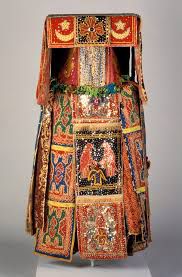
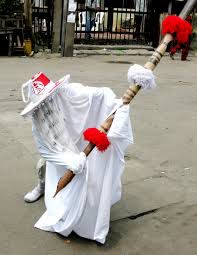
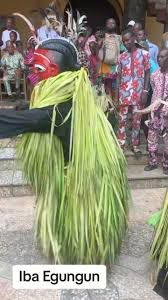
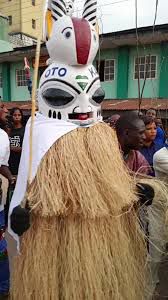
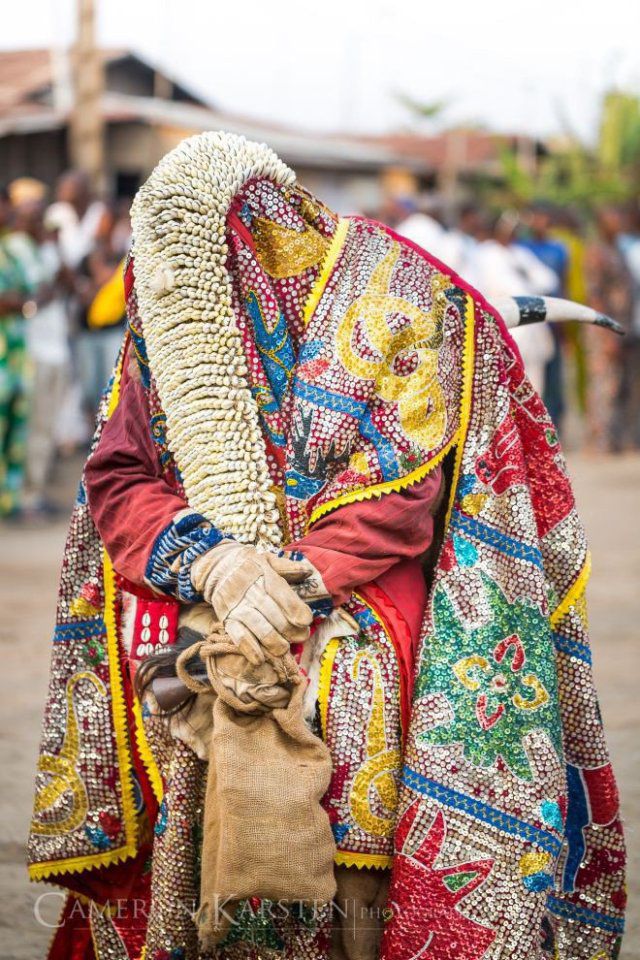
Igbo Masquerades – Mmanwu
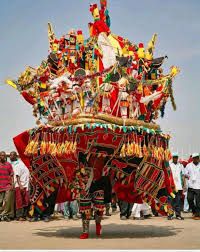
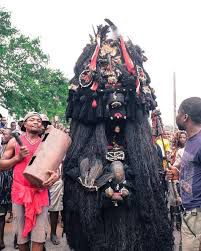
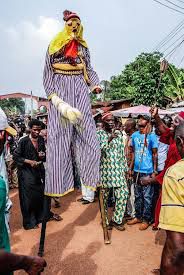
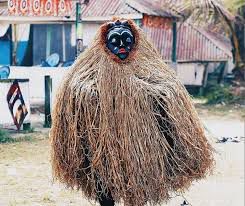
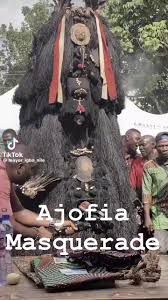
Edo Masquerades
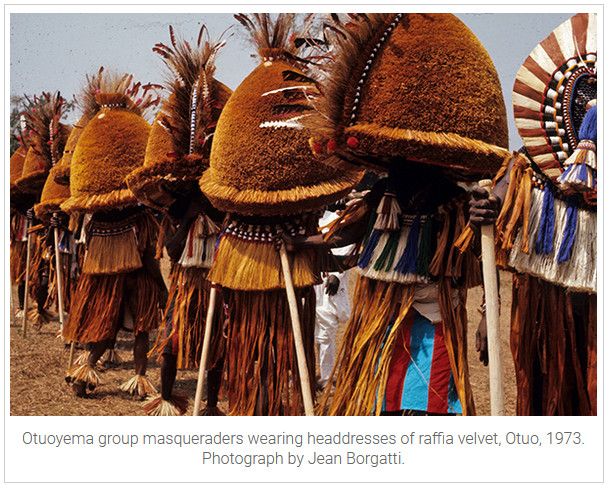
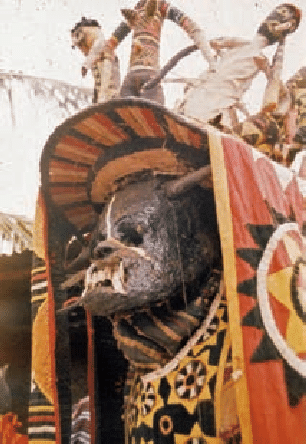
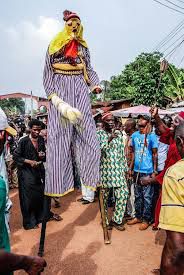
Esan Masquerades
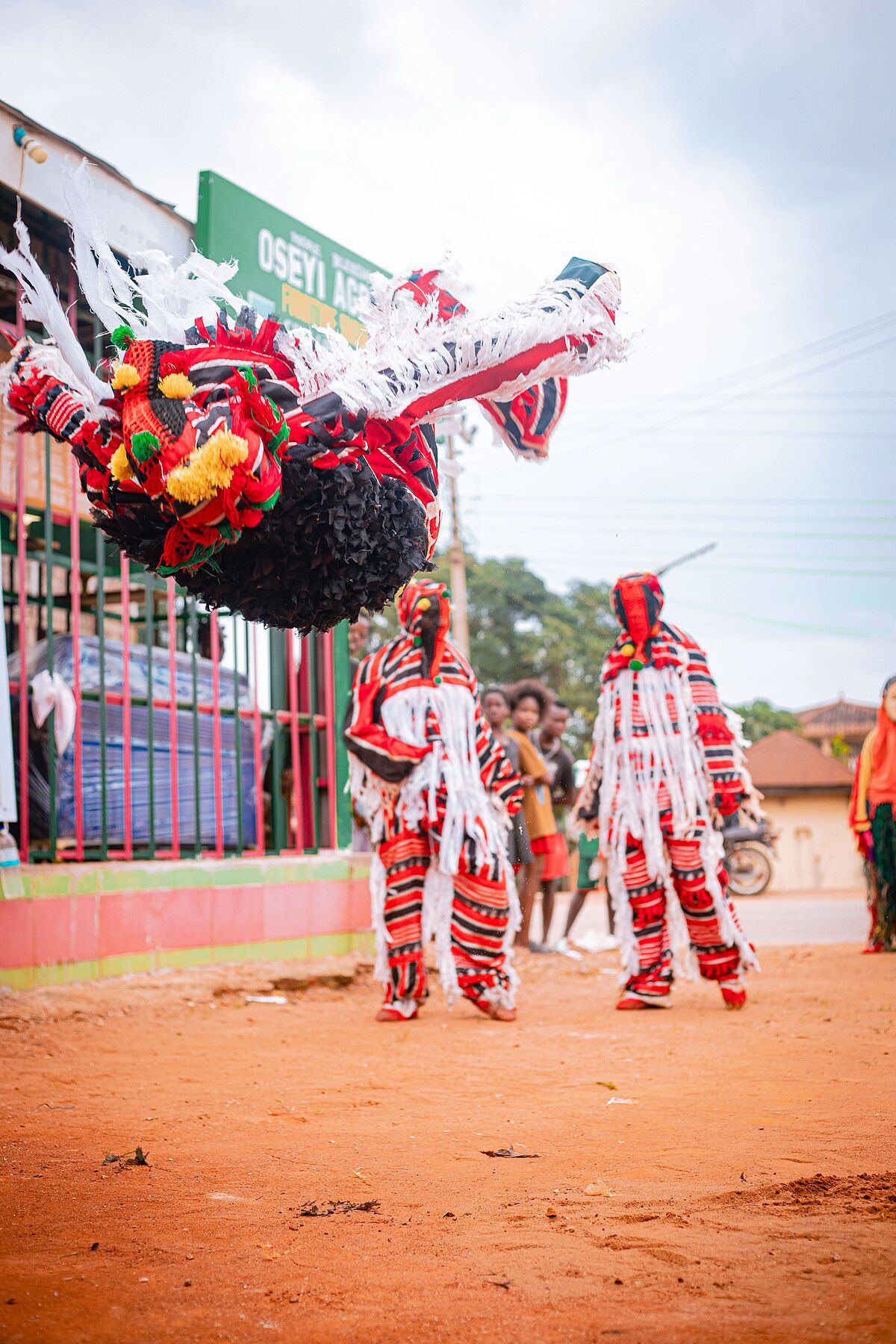
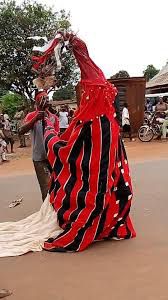
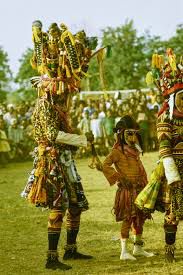
Ijaw Masquerades
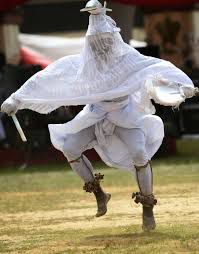
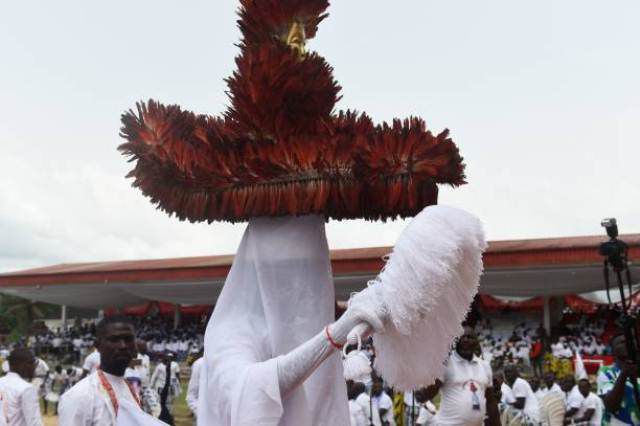
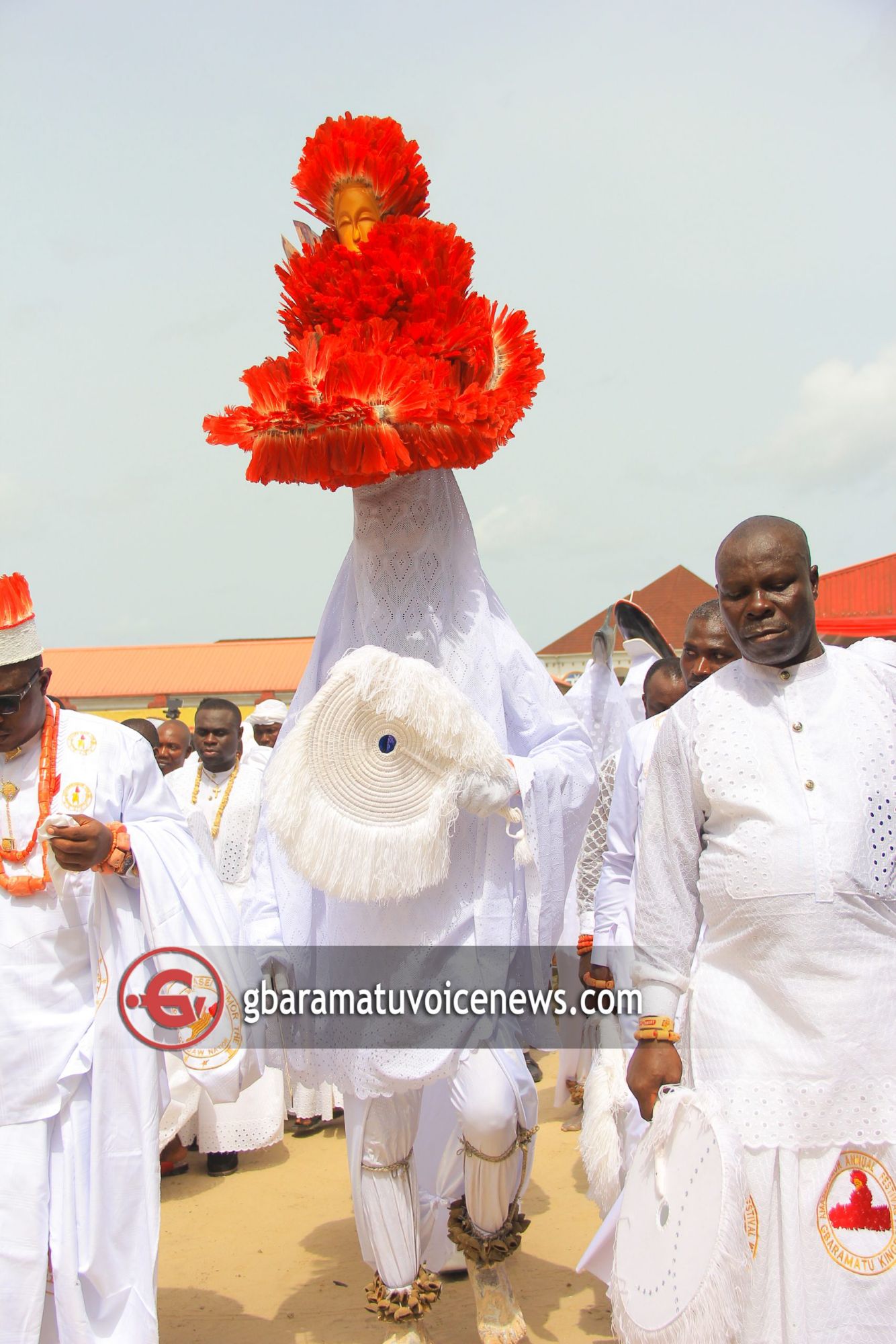
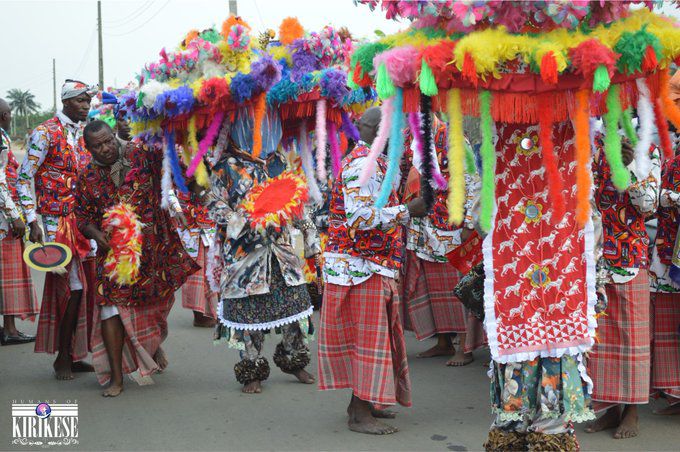
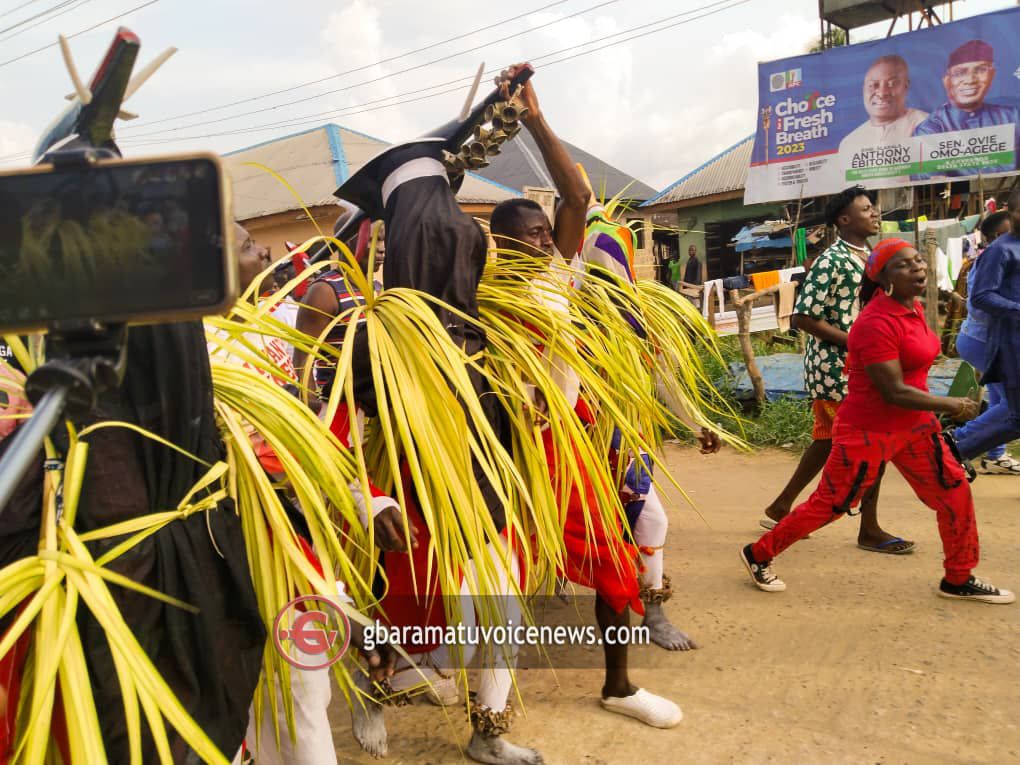
Efik Masquerades
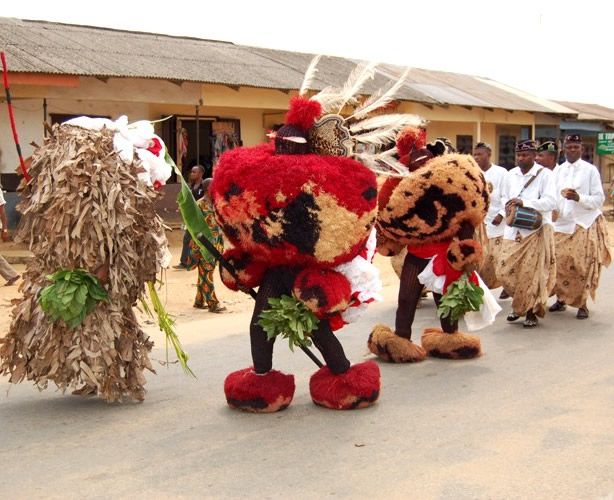
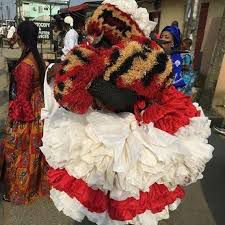
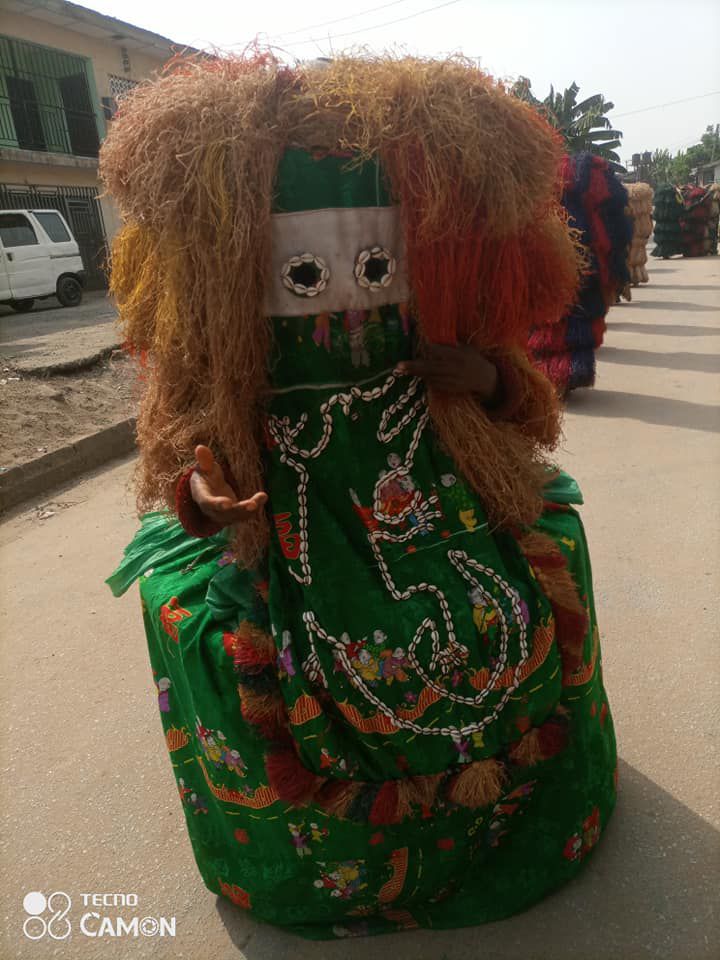
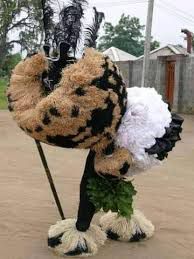
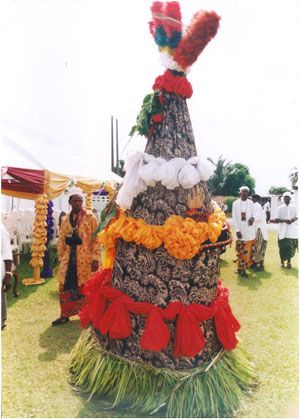
Ibibio Masquerades
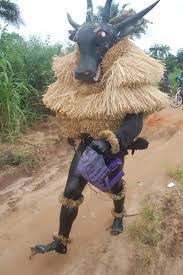
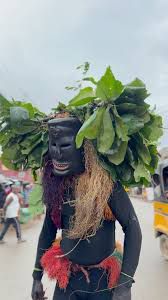
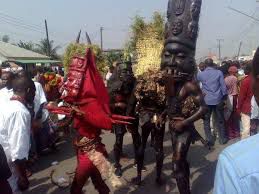
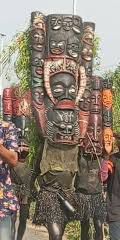
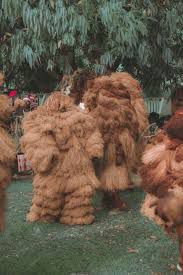
Urhobo Masquerades
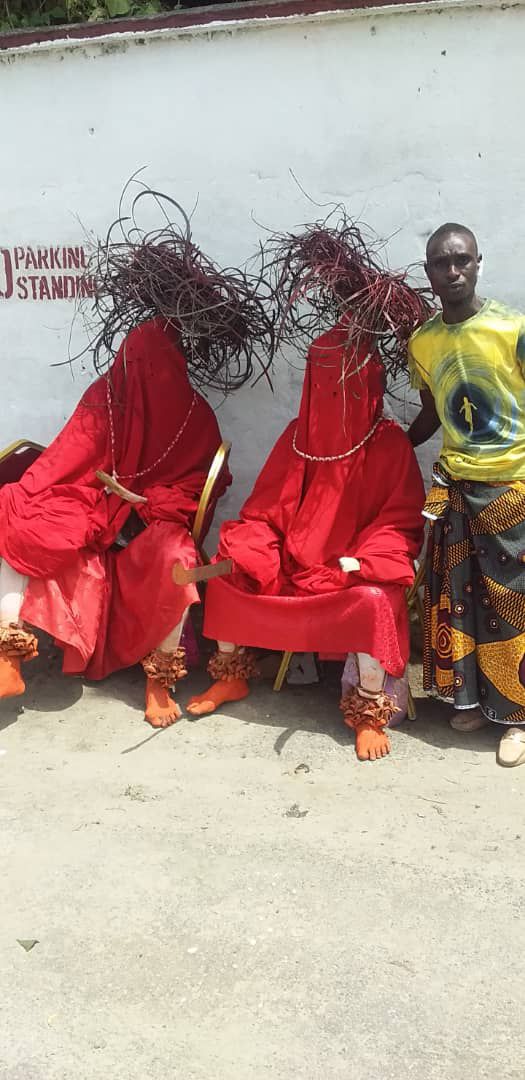
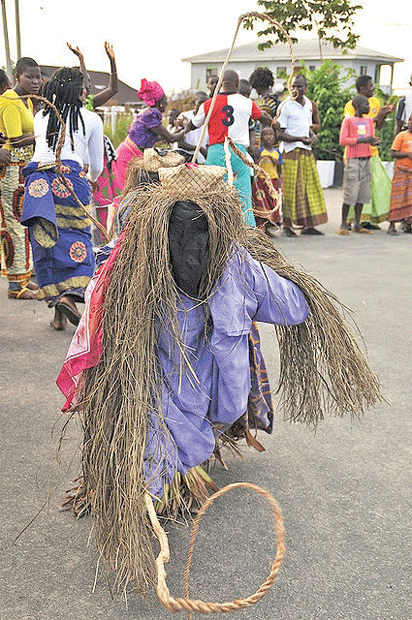
Itshekiri Masquerades
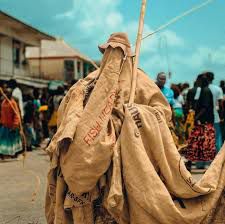
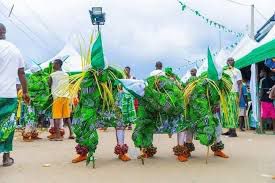
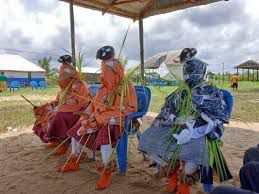
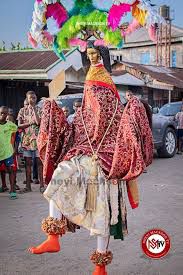
Boki Masquerades
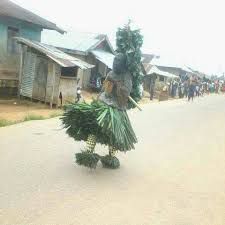
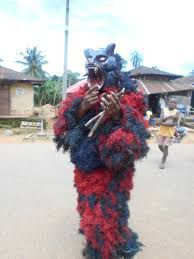
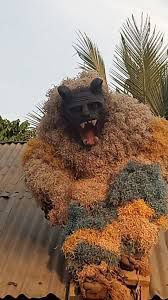
The South is One civilization not only with its cultural symbolism but its Spiritual Sciences captured in it’s 16 sector indigenous African Information Retrieval System aka Ifa-Afa-Iha-Efa
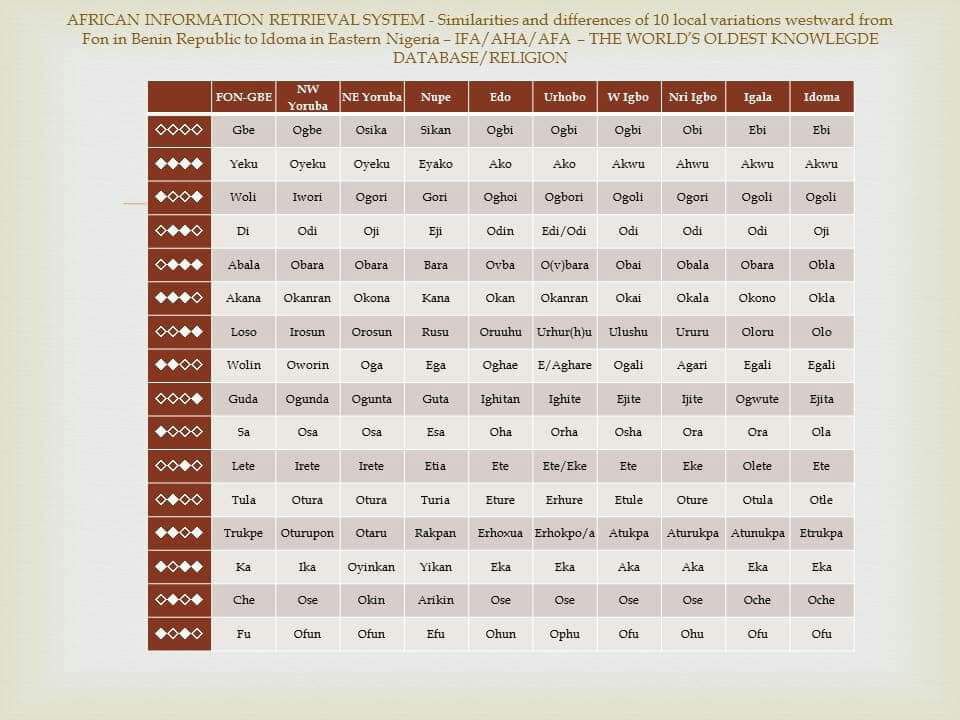
Southern Nigeria is home to a rich and diverse array of indigenous African masquerades, each with unique aesthetics, specific roles, and cultural narratives. Despite their variations across major ethnic groups like the Yoruba, Igbo, Efik, Ibibio, Edo, Urhobo, Ogoni, Esan/Ishan, Ijaw, Ekoi, Boki, Itshekiri and Igbo, several fundamental similarities bind them together, reflecting a shared worldview and traditional social structures.
Shared Essences:
Masquerades across Southern Nigeria are more than mere performances; they are profound expressions of communal identity, spiritual beliefs, and social order. While the visual forms and specific rituals vary, several core similarities underscore their significance and function within these diverse societies.
1. Embodiment of Spirits and Ancestors:
Perhaps the most striking commonality is the belief that masquerades are not simply humans in costume, but rather the embodiment or manifestation of spirits, ancestors, or deities. Whether they represent departed elders, nature spirits (like water spirits among the Ijaw), or protective deities, the masquerader is believed to transcend their human form and become a conduit for the spiritual realm. This belief imbues the masquerade with immense power, respect, and often, fear.
2. Mediators Between Worlds:
Flowing from the first point, masquerades universally serve as a vital link between the living and the spiritual worlds. Their appearance signifies a temporary merging of these realms, allowing for communication, intervention, and the maintenance of balance. They bring messages, blessings, or warnings from the ancestors or spirits, thereby reinforcing the community’s connection to its past and its unseen forces.
3. Social Control and Governance:
Historically, and in many cases even today, masquerades play a crucial role in maintaining social order and enforcing communal laws. They act as agents of social control, often possessing the authority to arbitrate disputes, punish offenders, and instill discipline. Their perceived spiritual authority makes their pronouncements and actions largely unchallengeable. They might intervene in land disputes, summon people for communal work, or even address moral transgressions like coveting someone’s spouse.
4. Performance and Spectacle:
Masquerades are inherently theatrical, combining elements of dance, music, chants, mime, and elaborate costumes. The performances are often highly energetic, captivating, and designed to entertain as well as to convey deeper meanings. Music, typically involving drums and other traditional instruments, is integral to the performance, guiding the masquerade’s movements and creating an atmosphere of awe and excitement. The visual aesthetics – vibrant colors, intricate masks (carved wood, woven raffia, fabric), and diverse accoutrements – are central to their impact.
5. Ritualistic and Ceremonial Functions:
Masquerades are almost always tied to specific rituals and ceremonies. They feature prominently in festivals, particularly those celebrating harvests (like the New Yam Festival), funerals, initiation rites, and other significant community events. Their appearance marks important transitions and reinforces communal bonds. They may appear to bless crops, guide the deceased to the ancestral realm, or initiate new members into age-grades or secret societies.
6. Exclusivity to Men (Mostly):
While there are rare exceptions (like certain Mende masquerades), the creation, performance, and understanding of masquerades in Southern Nigeria are overwhelmingly the preserve of men. Masquerade cults are typically secret societies with strict initiations and rules, and women are generally restricted to observing the performances from a distance, or participating in peripheral roles like preparing food for feasts. The identity of the masker is a closely guarded secret, adding to the mystique and power of the masquerade.
7. Educational and Moral Instruction:
Beyond their spiritual and social control roles, masquerades often serve as vehicles for transmitting cultural knowledge, history, and moral lessons. Through their songs, movements, and narratives, they can satirize societal ills, praise virtues, recount historical events, and impart wisdom to younger generations. They act as a living archive of communal values and traditions.
In conclusion, Southern Nigerian indigenous African masquerades, despite their regional variations, share a profound spiritual foundation, a critical role in social governance, and a vibrant performance tradition. They are dynamic expressions of African cosmology, maintaining the delicate balance between the visible and invisible worlds, and ensuring the continuity of cultural heritage for generations.
Alatishe Efundara Abiodun